
What to Do After a Relapse 9 Steps to Get Back on Track
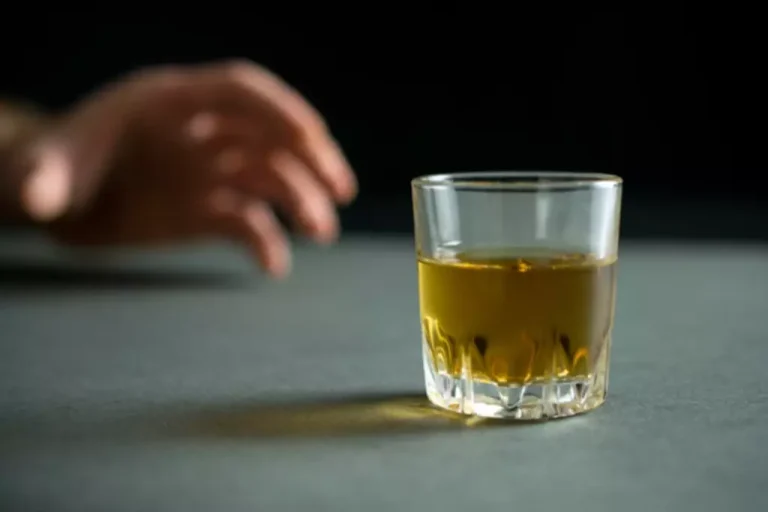
Reach out to your Recovery Coach to talk about what’s going on and your options. Do whatever it takes to effectively address the holes in your recovery lifestyle. The sooner you address the slip-up, the less damage it can cause. Be honest and reach out to your support network right away. Don’t buy in to the idea that you can handle it your own.
You aren’t handling life’s ups and downs well.
- A single use might cause a person to feel unmotivated, guilty, or ashamed of their actions.
- If you keep these thoughts to yourself, you are in danger of physical relapse.
- If you’re already seeing a treatment service, then telling your recovery worker about your lapse helps them support you better.
- POOR PREPARATION — Recovery is not just about getting off the substances.
The first thing to do after the relapse happens is to fight the urge to beat yourself up over the mistake. Life continues after relapse and you can continue your course. Your progress up to this point has not been for nothing. If you have already gone through treatment and are struggling with the potential or reality of relapse, help is available. If a relapse happens, take a deep breath and know this is something that can occur during recovery. If these signs are present, it may be time to seek help.
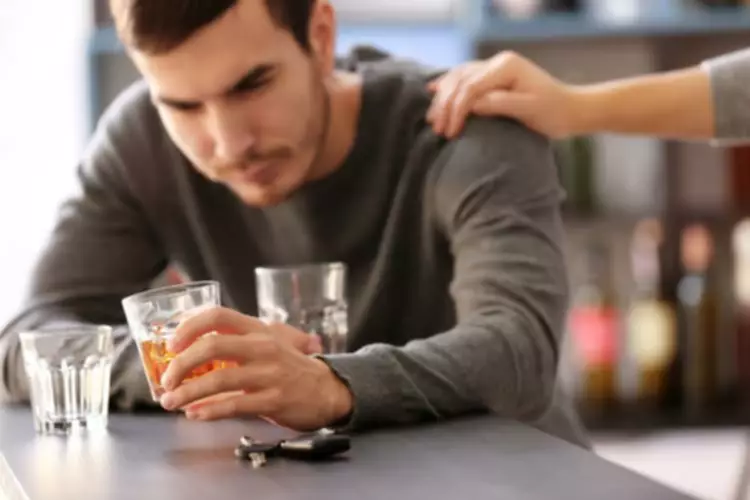
Risky Behaviors in Recovery
Taking proactive steps during this stage can help build a stronger foundation for recovery and allow for timely interventions. By addressing emotional turmoil before it intensifies, individuals can significantly reduce the likelihood of progressing to more severe stages of relapse. You should be reaching out to your support network first and putting together a plan to self-correct. Your proactive efforts will make it easier to tell family members that may not fully understand addiction or relapse. In most cases, you’re not met with the anger or shame that you’re dreading.
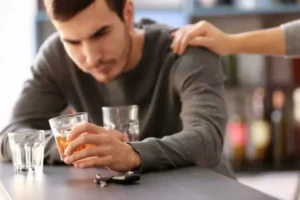
Find Treatment
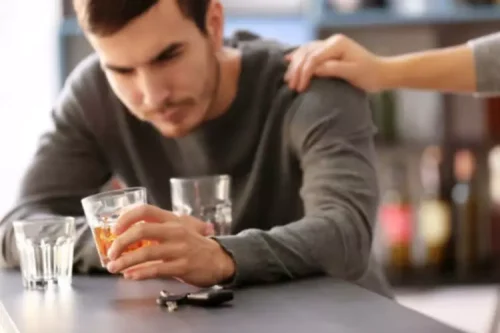
The good news is that you don’t necessarily have to be one of them. The even better news is that even if, like me, you’ve already had a relapse, it doesn’t mean you have to go through one again. Get back into what to do after a relapse your routine, find some new hobbies to get into, and fill your life with things that can keep you healthy, and sober. I’ve created 9 pages of worksheets you can use to build your own relapse recovery plan.
- Three effective strategies for relapse prevention include therapy, medications, and ongoing monitoring.
- Ultimately, it is up to each individual to adjust their lifestyle and take responsibility for their actions.
- The important part is to reestablish contact and let them know you’re struggling.
- PAWS is thought to be caused by changes in the brain that occur as a result of long-term substance abuse.
- Discover essential steps for finding good drug treatment centers that cater to individual needs and ensure recovery.
- Peer support groups, such as Alcoholics Anonymous (AA), provide an essential platform for individuals to share their experiences, struggles, and victories.
Do You Talk to Your Kids About Prescription Drug Abuse?
Suffering a relapse should be a sign that you have more to learn from treatment. Going through the same program again is not redundant because you will pick up different ideas each time. You learn what your brain is ready to accept and what applies to you in your present state.
- — stuck inside a brain that covets relief, any form of relief, and will do just about anything to get it.
- Recognizing these signs early is essential as it indicates a propensity for deviation from the recovery path, often leading to physical relapse.
- Community support plays a vital role in recovery from addiction.
- Reaching out and getting professional help should be a top priority once you’ve decided to get your life back on track.
- This includes birthdays and holidays when many people justify their substance use through mental bargaining.
A natural and unexpected event, like a pandemic or a hurricane, might uproot your entire life. Addiction recovery is hard, which Alcoholics Anonymous is why many avoid facing their issues. But you went through the process and faced your challenges. While not included on the album, “Betrayal” and “Relapse” both included instrumental and a cappella releases along with the original songs.
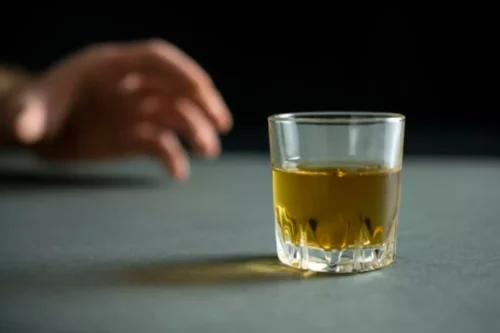
Often relapse occurs because of a combination of these and other reasons. Having a better understanding of what causes relapse will make it easier to prevent it and treat it if it does occur. Getting appropriate treatment for co-occurring mental health and medical conditions can also help reduce your risk of relapse. By taking proactive steps and understanding the stages of relapse, you and your loved ones can prevent a relapse from occurring or becoming dangerous.
Warning Signs of Relapse You Should Know
For most people experiencing emotional issues, anger is either the only emotion they allow themselves to feel or it’s something they’re completely cut off from. When anger becomes too intense, it can trigger the old substance use habits as a means of escape. Adopting strategies that allow you to release your anger in a safe way can help avoid having so much anger that it pushes you to relapse in your recovery. Strenuous exercise is often used to burn the extra energy anger creates, so you don’t take it out on yourself or others.


